MEMORIES OF THE BIG 8 — Big Jim Edwards — PART 3
1970 “CAN-CON”
DEMISE OF A GIANT: “ALL GOOD THINGS MUST COME TO AN END”
By JIM DAVIS
(MCRFB Note: Did you miss PART 2? Please go here) —
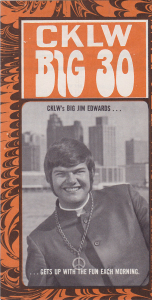
I was anchoring AM drive. In the fall of 1969, Pulse was released. Morning Drive scored a 23.0 share of the 12+ audience beating the incumbent J.P. McCarthy on WJR. Despite the differences between Arbitron and Pulse, the audience share has never been duplicated. Of course, now there are far more competing stations and, music listenership is way more fragmented than in the Top 40 days when all Americans were beating on the same drum. None the less, those stripes have given me “bragging rights” for 40+ years.
All good things must come to an end —
Strike One: RKO General had purchased Western Ontario Broadcasters (CKLW AM/FM/TV) in 1956. After the Canadian Radio Television Committee (CRTC) tightened rules on foreign ownership of radio and TV stations allowing no more than 20% foreign ownership, RKO General was forced to sell off the Windsor group in 1970. CKLW-AM-FM and TV had their licenses renewed only until September 1, 1970.
They had until that time to conform to the new rules as their petition for exemption from the foreign ownership rules was denied. CKLW was sold to Baton Broadcasting in a “fire sale” that brought only $3M for the highly successful station. The end was near.
Paul Drew left for San Francisco as Ted Atkins moved on to KHJ in LA. Frank Brodie (Marshall) was named PD. Those of us who had spent considerable time with the company were given options to join other RKO stations. I was offered a transfer to 6-9M at WOR-FM in New York City. This had particular appeal since my parents lived in Manhattan. My last day at CKLW was June 21st, 1970.
The Big 8 was the 7th most listened to radio station in North America, according to the U.S. Arbitron ratings service. Almost two and a half million persons tuned to CKLW every week. This was the largest audience in the station’s history (to date).
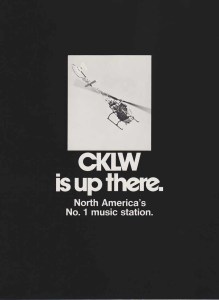
Strike Two: But the CRTC was not through with it’s “chopping block” for the Big 8. The Board of Broadcast Governors was a Canadian arms-length government agency created in 1958 to regulate television and radio broadcasting. The BBG had “funny” rules (to us Americans) like no requirement for a “legal ID.” The top of the hour Johnny Mann acapella jingle sang “CKLW – The Motor City.” However, the BBG was replaced by the much stricter Canadian Radio-television and Telecommunications Commission (CRTC) in 1968.
The CRTC made it clear that they did not like that CKLW focused on an American audience. Following an extensive public hearing process organized by the CRTC, the Canadian Content rule (Can Con) was adopted in 1971, “to define and identify Canadian content in pieces of music for the purposes of increasing exposure of Canadian music on Canadian radio through content regulations governing a percentage (25%) of airplay to be devoted to Canadian music.”
The Big 8 utilized every trick in the book to get around the rules; they, edited down the Canadian pieces to 1 minute or less in length, they looked for “relatives” of popular groups or mixing engineers who may have had Canadian roots. But, ultimately, there was only so much of Anne Murray, Gordon Lightfoot and The Guess Who that American audiences were willing to tolerate. The ratings plummeted.
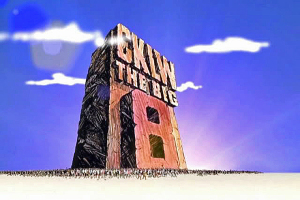
Strike Three: RKO was recognized as the owner of some of the most influential radio stations in the world. RKO General also became known for the longest licensing dispute in broadcasting history. The troubles started in the mid 60’s in Los Angeles when a competing applicant for KHJ Television accused General Tire of conditioning its dealings with certain vendors on the basis that they would in turn buy advertising time on RKO General Stations. Arrangements of this type, known as “reciprocal trade practices,” are considered to be anticompetitive.
The Commission gave RKO a conditional renewal of its TV licenses in LA and Boston. Then, in 1977, General Tire admitted to an eye-popping litany of corporate misconduct, including bribery of foreign officials and having a political slush fund. Since convicted felons cannot be licensees, in February 1983, the FCC began a concerted effort to force RKO out of broadcasting once and for all. Ultimately, by 1991, RKO General was out of the entertainment business. It was game over for the largest independent broadcast chain in America.
However, I think a saying I’ve quoted for years is appropriate: “God gives us memory so that we can smell the roses in December.” — Jim Davis
___
P.S. Jim, thanks for your website and your personal contributions in helping to keep the Detroit radio memories alive! (J.D.)
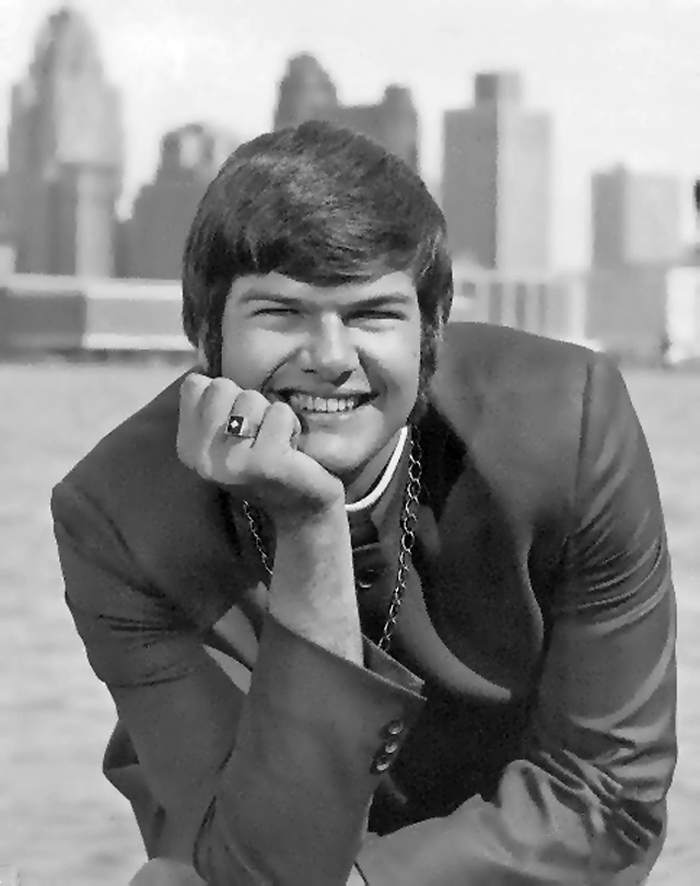
A MCRFB Note: Jim Edwards, CKLW
Motor City Radio Flashbacks recently heard from Jim Davis (July 9, 2015), the former Big 8 jock formerly known as ‘Big Jim’ Edwards on CKLW. A special ‘THANK YOU’ goes out to Jim Davis for sharing his Big 8 recollections with us — today — exclusively here on MCRFB.COM. This is the THIRD and is the LAST installment of a three part CKLW series, as authored, by Jim Davis.
Missed Part 2? It’s over HERE.
Jim Davis, thanks again for sharing your CKLW memories, exclusively here, only on Motor City Radio Flashbacks.
![]()
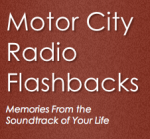


Thanks for the memories Big Jim Edwards.
Jim Davis has been a giant in the radio business (in a couple of ways) for a long, long time. It was my privilege to work with Jim during his first General Manager position. I loved every minute of time we had together. He has, over the decades, made the radio business so much better. Moreover, he’s made this planet a better place to live. While I still love radio, I’m very glad to have the awesome memories from the best era of rock and roll – the 60s and 70s and the Big 8, baby.
Big Jim andCKLW were part of the inspiration that led me to my almost 50 years in radio love the memories.
Always great to hear stories of the old days and my friend and mentor, Jim Davis.
It’s a great story packed with many memories. I along with everybody I knew and went to school with in Detroit listened to the Big 8. Jim was always one of my favorites. Words came effortlessly out his mouth, and his personality showed with every word.
What I’m going to do now, is go back and read all three parts again, simply because I enjoyed it.
Thanks again, Big Jim Edwards(Davis).
Love the Nehru suit, Jimmy.
Great read, Jim, and I thank you for sharing. I’m hoping this is the start of a book. You certainly have the stories and you’re a great story teller. And a great guy I consider a friend. Miss our days of working and laughing together. And miss you. I’ll always remember you talking with me about your mother, and you telling me that you;d never heard her say a bad word about anyone. And I replied, That’s you too Jim. That’s why you’re so happy. Keep doing what you’re doing, and again thanks for writing this. I loved reading it!